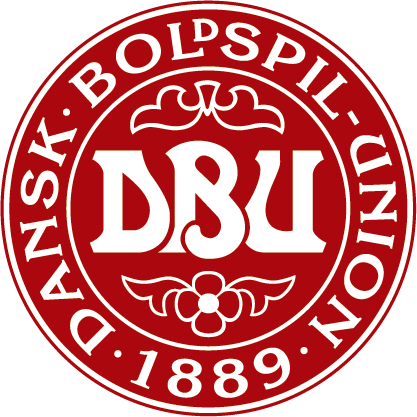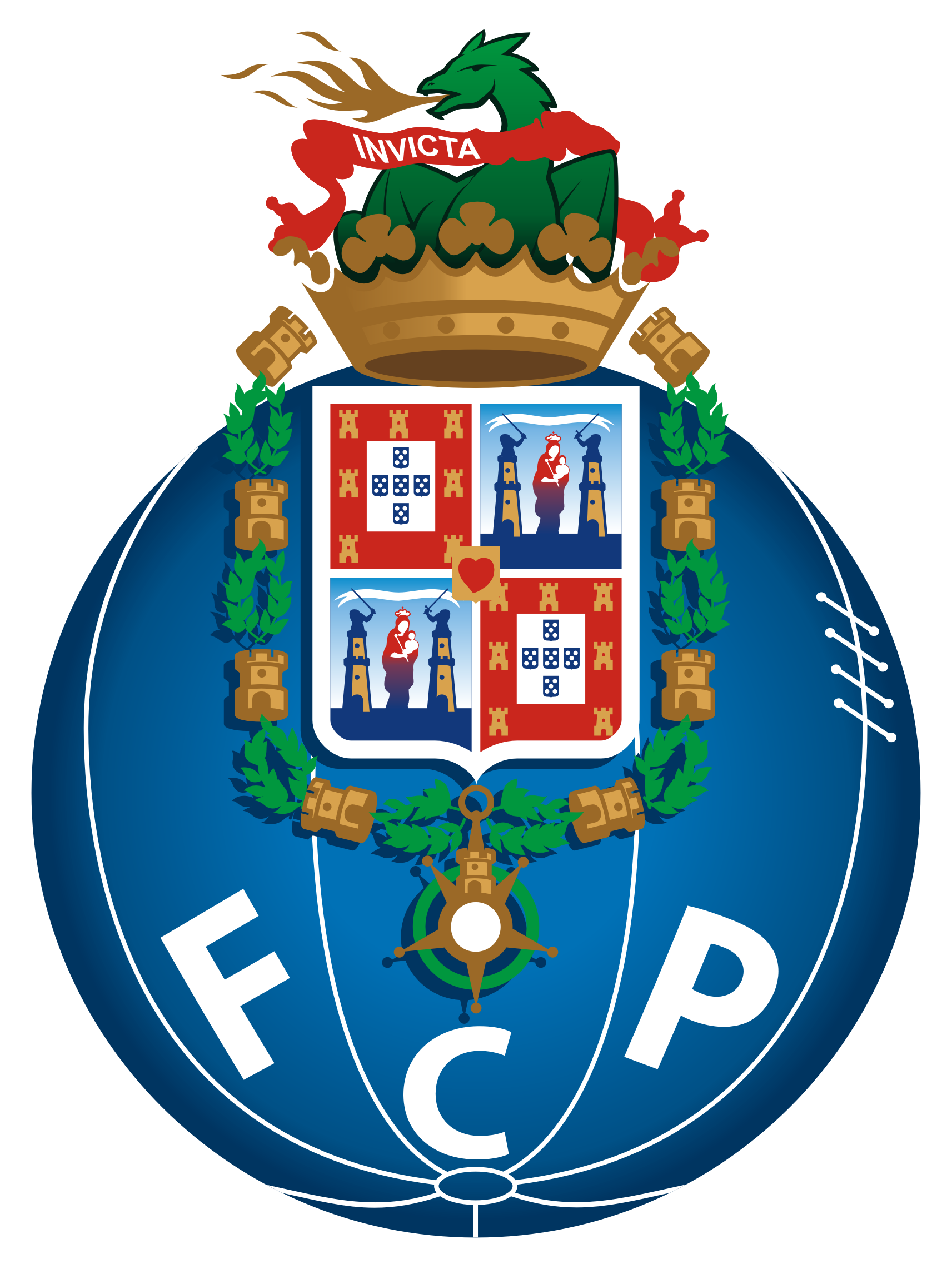FC Porto prove and reinforce their commitments to sound environmental management with the latest ACCESS Action plan
The participation of FC Porto in the ACCESS project not only proves its determination to responsible environmental management the club has been showing over the last several years but also propels their motivation further, adding even more initiatives to their portfolio.
This Action Plan comes as a result of a long-running cross-sectoral cooperation between FC Porto and their local and regional stakeholders which already allowed FC Porto to significantly advance in improving their environmental performances by coupling the club’s motivation, commitment, resources and inspiration and the stakeholders’ support, skills and experience. With the ACCESS Action Plan, this fruitful cooperation takes them all a step forward.
One of such long-standing partnerships is reflected in the club’s waste management performance which has been exemplary throughout the years. Together with LIPOR – the Association of Municipalities for Sustainable Waste Management of Greater Porto, the club has been continuously improving waste prevention practices and increasing the recycling rates. With this Action plan, FC Porto wants to embody these achievements and commitments through LIPOR’s “Green Heart” Certification, as well as to set an example and inspire other organisations and individuals to follow. The certificate itself signifies one’s advanced practices and strategies in promoting and ensuring environmental sustainability as its objectives are to recognise, adopt, and implement sustainable waste management practices, engage the community, monitor the impact of these initiatives, and formally acknowledge these efforts through the Certification itself.
While LIPOR would be responsible for developing and adapting the certification model for FC Porto, encompassing stages such as diagnosis, action plan, certification, and management including provision of technical guidance throughout the certification process, Porto Ambiente – the municipal company for environmental management and services in Porto, will play a crucial role in this collaboration. Their responsibilities include supporting the implementation of the action plan by providing resources, expertise, and local insights that are vital for tailoring the initiative to the specific needs of the Porto community. Their involvement would also ensure that the action plan aligns with broader municipal sustainability goals. This collaborative effort leverages the strengths and expertise of LIPOR, Porto Ambiente, and FC Porto, aiming to create a successful model for environmental sustainability that can be replicated and scaled.
On a larger and more general level, the overall sustainability strategy of FC Porto aligns closely with the Porto City Council’s strategic vision, particularly their commitment and adherence to the Porto Climate Pact, back in 2022. FC Porto embraced this challenge with all the associated responsibilities, committing to contribute towards making our city exemplary in sustainability. With this Pact, the Porto City Council believes that a common goal for decarbonization can unite efforts, with the ambition of making Porto a national and European leader in climate action, achieving carbon neutrality by 2030. Notably, the city has already reduced carbon emissions by 52.2% in 2020, with a target to achieve an 85% reduction by 2030.
Within this context, the partnership between FC Porto and the Porto Energy Agency emerges as a critical initiative. The key focus areas include energy sustainability and environmental responsibility. This pilot action chosen as a part of the ACCESS Action Plan builds upon previous initiatives and engagements with external stakeholders and the long history of collaborating with the City Council. This particular initiative wants to identify and implement energy and environmental performance improvements, focusing on measures that deliver immediate gains, whether through investment or without. Secondly, the action involves conducting a thorough assessment of energy usage and emissions to establish a final energy and emissions balance. This assessment will generate recommendations for various carbon neutrality scenarios, guiding future sustainability efforts. Additionally, the pilot action includes identifying and exploring funding opportunities from available sources to support ongoing and future sustainability initiatives, ensuring financial sustainability and continuity of environmental improvements.
Finally, one more, pilot action will address the challenge of reducing water consumption and promotion of sustainable water management practices in urban areas thanks to a close cooperation between FC Porto and Águas e Energia do Porto (Porto´s water and energy municipal company), a municipal business entity owned by the Porto City Council, responsible for the integrated and sustainable management of the urban water cycle throughout the municipality. The initiative aims to utilise treated wastewater for non-potable purposes such as irrigation and cleaning stadium pavements, thereby conserving freshwater resources and minimizing environmental impact. Águas e Energia do Porto has previously initiated similar projects and established partnerships with various stakeholders in the water sector to advance water reuse technologies and practices. This pilot action represents a collaborative effort between FC Porto, as a prominent sports organization committed to environmental stewardship, and local water authorities to implement innovative water reuse solutions.
Thanks to the detailed Action Plan which contains clear and well defined steps, milestones, roles and responsibilities for implementing this initiative, its benefits and added values are many. Generally speaking, implementing water reuse and efficient management practices at Estádio do Dragão promotes circular economy principles, enhancing resource efficiency and minimizing environmental impact. This initiative also strengthens climate adaptation efforts by ensuring a sustainable water supply for stadium operations, resilient to the challenges posed by fluctuating weather patterns. Moreover, it aligns with regulatory standards set by the Water Framework Directive, ensuring rigorous adherence to water quality and conservation measures, thereby advancing broader environmental sustainability objectives.














